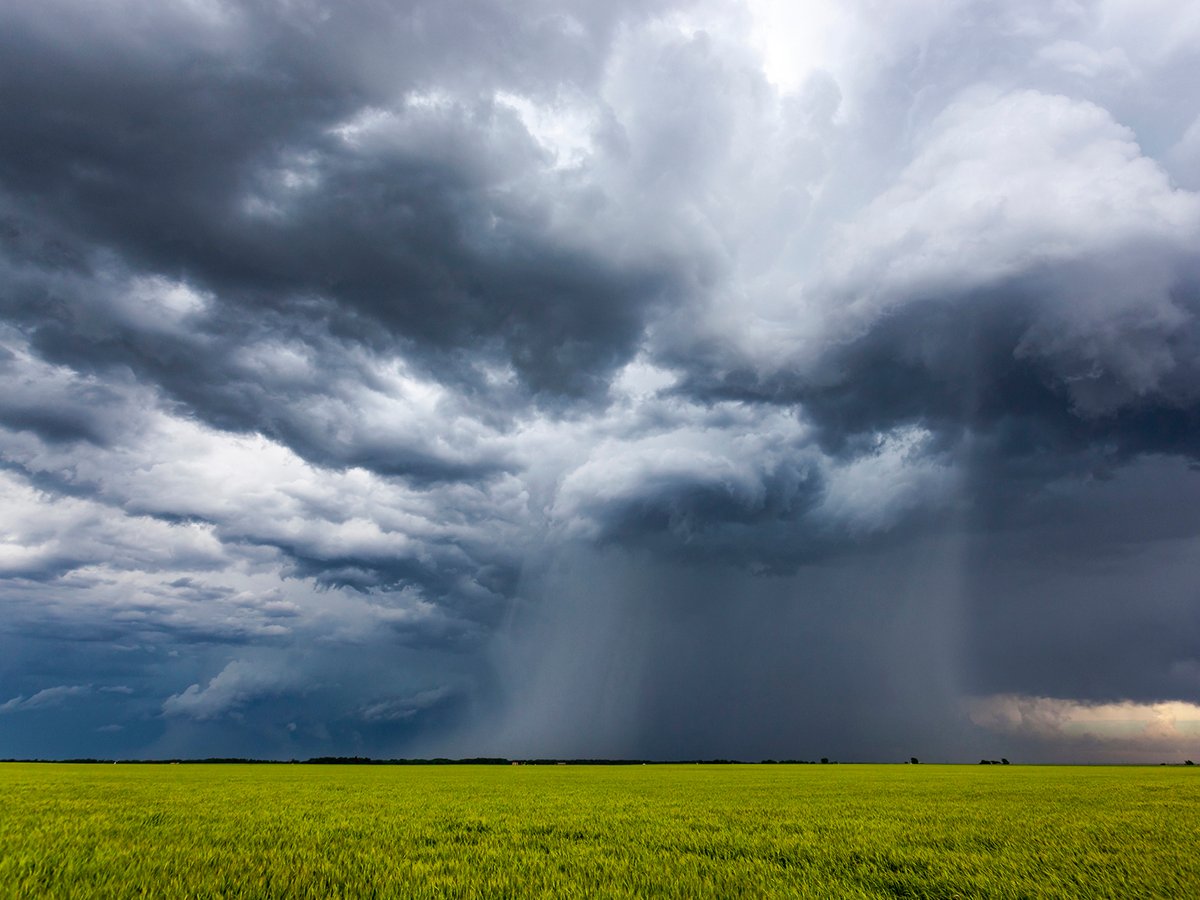It sounds sort of flaky.
Five years ago, United States park ranger Mike Reichner had a vision – he wanted to be an aromatic herb grower.
Now he runs the Purple Haze organic lavender farm on Bell Bottom Road on the West Coast.
But it’s not as flaky as it sounds. Reichner is a business success story. On a regular business day during the summer, 1,000 people will visit his seven-acre farm to drop some cash. Every day, a United Parcel Service truck picks up 20 to 40 packages of dried lavender to deliver to people across the U.S. who have ordered through his internet website.
Read Also

Extreme rain increases as planet warms
In this issue, we are going to wrap up our look at extreme rainfall by examining the different weather patterns that tend to be associated with these rainfall events.
His farm has become an economic engine driving his Washington state community.
Other people could find similar success in niche market farming and agri-tourism, but only if they’re willing to go out and grab the public by the throat, said the energetic Reichner.
“You got to be aggressive. You got to be dynamic,” Reichner told the Herbs 2000 conference in Saskatoon.
“Unless you’re willing to be aggressive, you shouldn’t be in this room.”
Reichner’s farm makes money by charging a fee to visitors and tourists who come onto his land to pick a small bag of lavender. The farm, about an hour and a half drive along a busy tourist route from Seattle, also sells lavender-based gifts, runs lavender cooking classes and operates a cafe.
When he set up his farm, Reichner was the only lavender farmer in the area. Now there are seven others.
Lavender isn’t a major cash crop in the U.S. There is no pent-up demand for the aromatic plant.
But Reichner said the key to his farm’s success is that lavender isn’t really what’s being sold.
“We’re not selling them lavender. We’re selling them an experience.”
Reichner said his years working in national parks showed him that people are looking for ways to get away from their everyday lives and experience something new. That’s what his little plot of land offers.
Visitors can take short walks to see some of the 40 varieties of lavender he grows. They can take cooking classes. They can simply stroll among the fragrant fields of lavender and pick a bunch for themselves. That’s what people are willing to pay for, Reichner said.
But people won’t come to the farm if they don’t know about it. And if they have a bad experience they won’t come back Ð and they’ll poison the well by telling many other people what a bad time they had.
Reichner used to do all his own promotion and manage virtually every aspect of the farm. But eventually he decided he was overstretched, so he hired a manager.
He didn’t hire a farmer, but a woman with a theatre arts degree.
“It’s the best thing I ever did.”
She kept improving the farm visit experience and attendance kept rising.
“It’s all about edu-tainment,” he said.
Reichner gets most of his advertising for free by sending out news releases that announce upcoming classes and events on the farm. He said a number of newspapers run these announcements as if they were news.
“Give it to your local editor. He doesn’t have anything else to print anyway,” said Reichner.
His most successful advertising, though, comes through the internet.
The Purple Haze farm website at www.pur
plehazelavender.com now receives thousands of hits a day. It brings both lavender sales and people to the farm.
Attention grabber
But he warned his audience that a promotional website has to be professional, fast loading and constantly updated.
“Educate them. Entertain them. And you’d better have something eye-popping.”
This comes naturally to Reichner, a gregarious man with a bullhorn voice and muscular arms that he energetically swings around when making a point.
He knows that many farm people who would like to diversify into an operation like his don’t have his dynamism. But he believes that if they can’t become aggressive and assertive and able to reach out and grab the public, they’ll fail.
People with a lot of energy can learn how to build themselves into a good marketer, Reichner said.
“If you can set a goal, have a vision and see what you want to do over a period of time, if it’s important enough to you, you can develop those talents, develop those skills,” he said.
“It’s the most important thing you can do. Learn to communicate with your users, with your public. It’s not something that comes automatically.”















